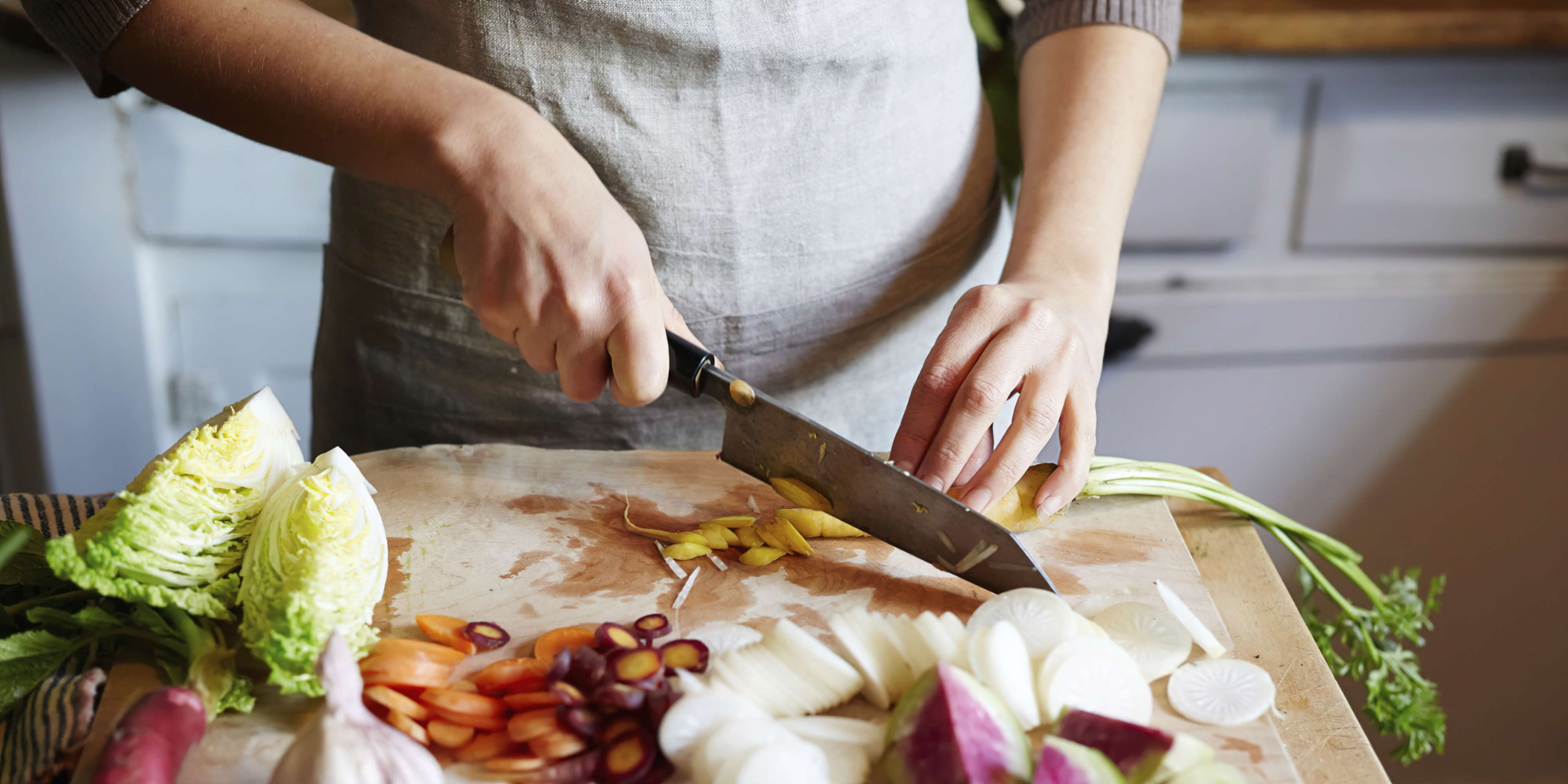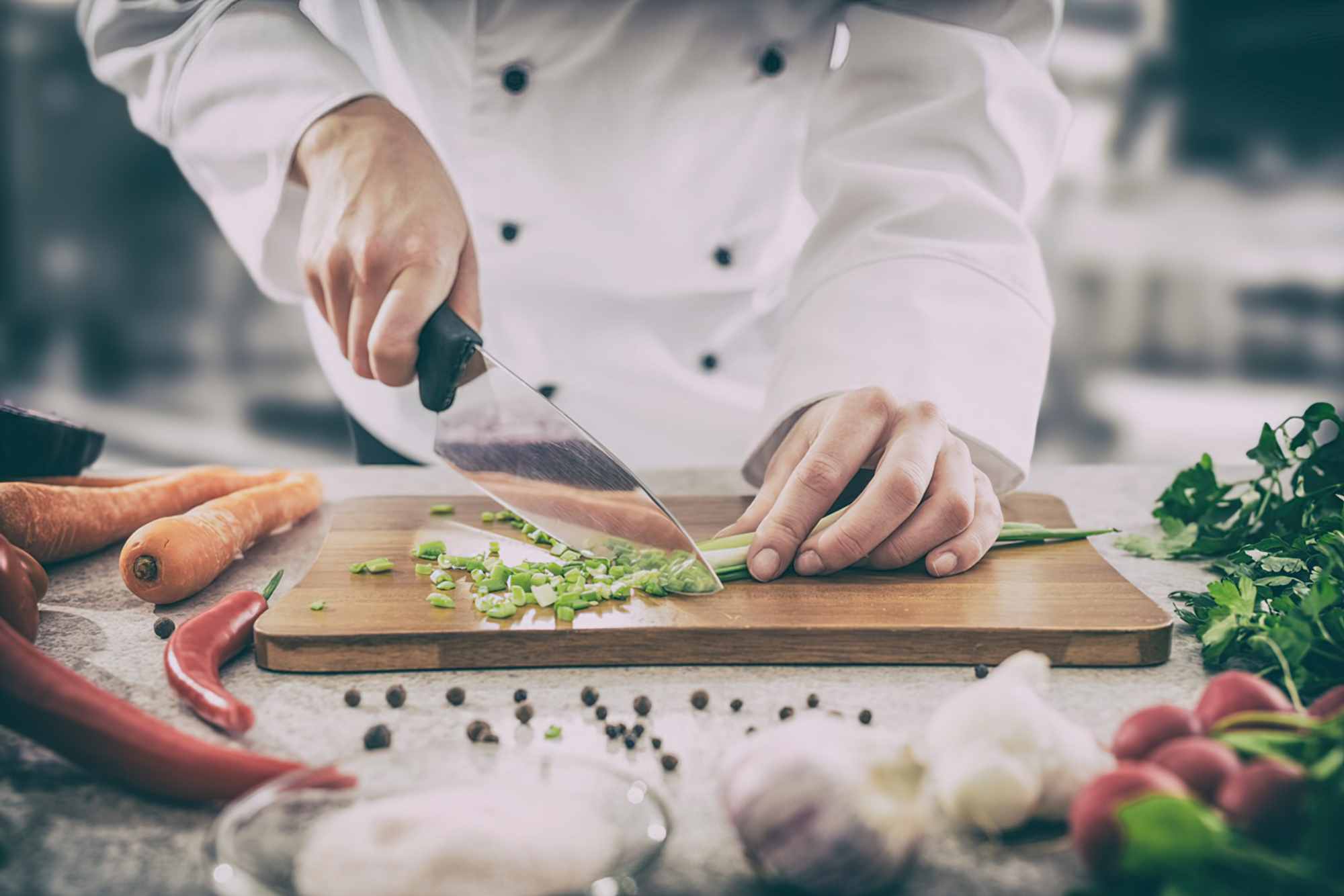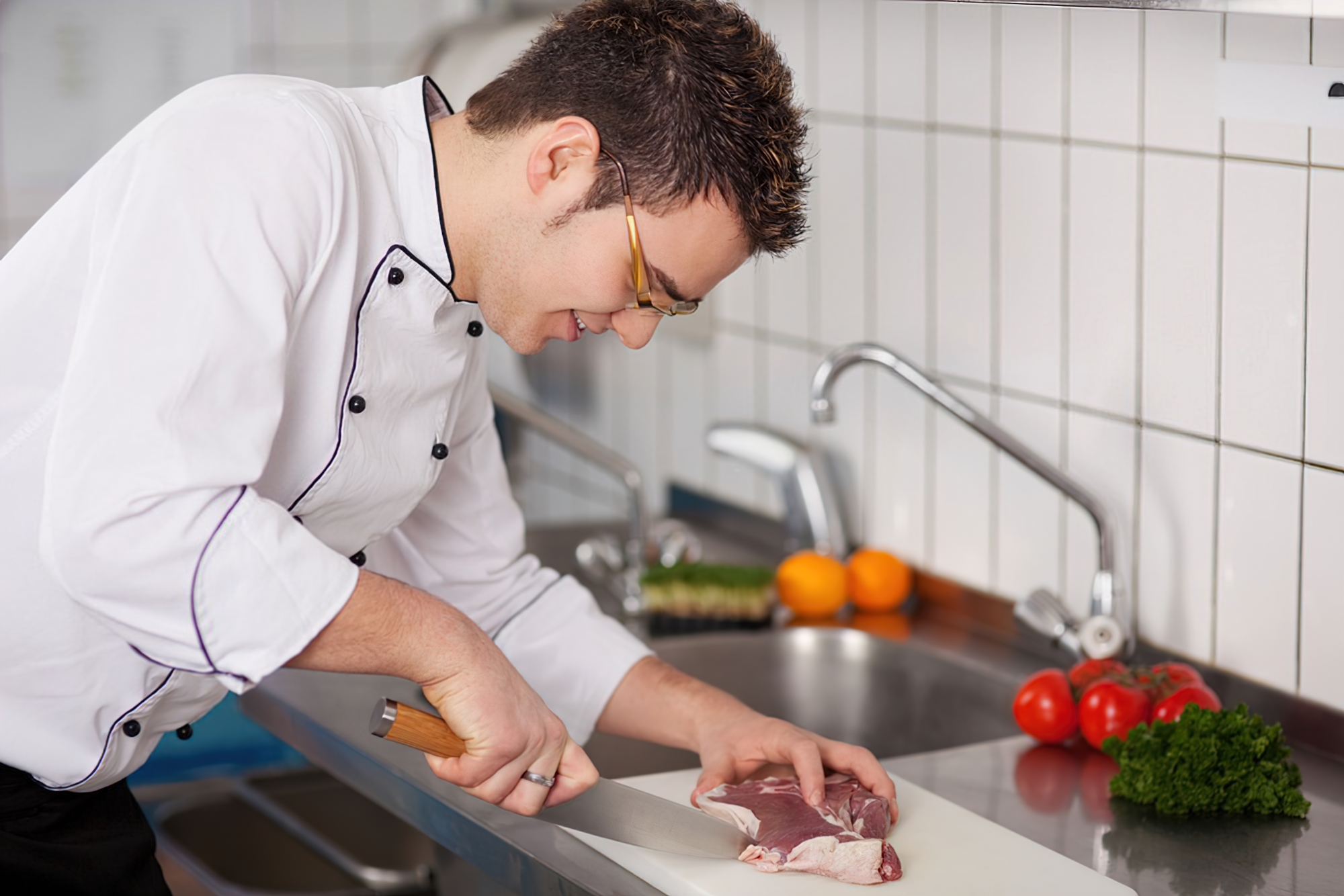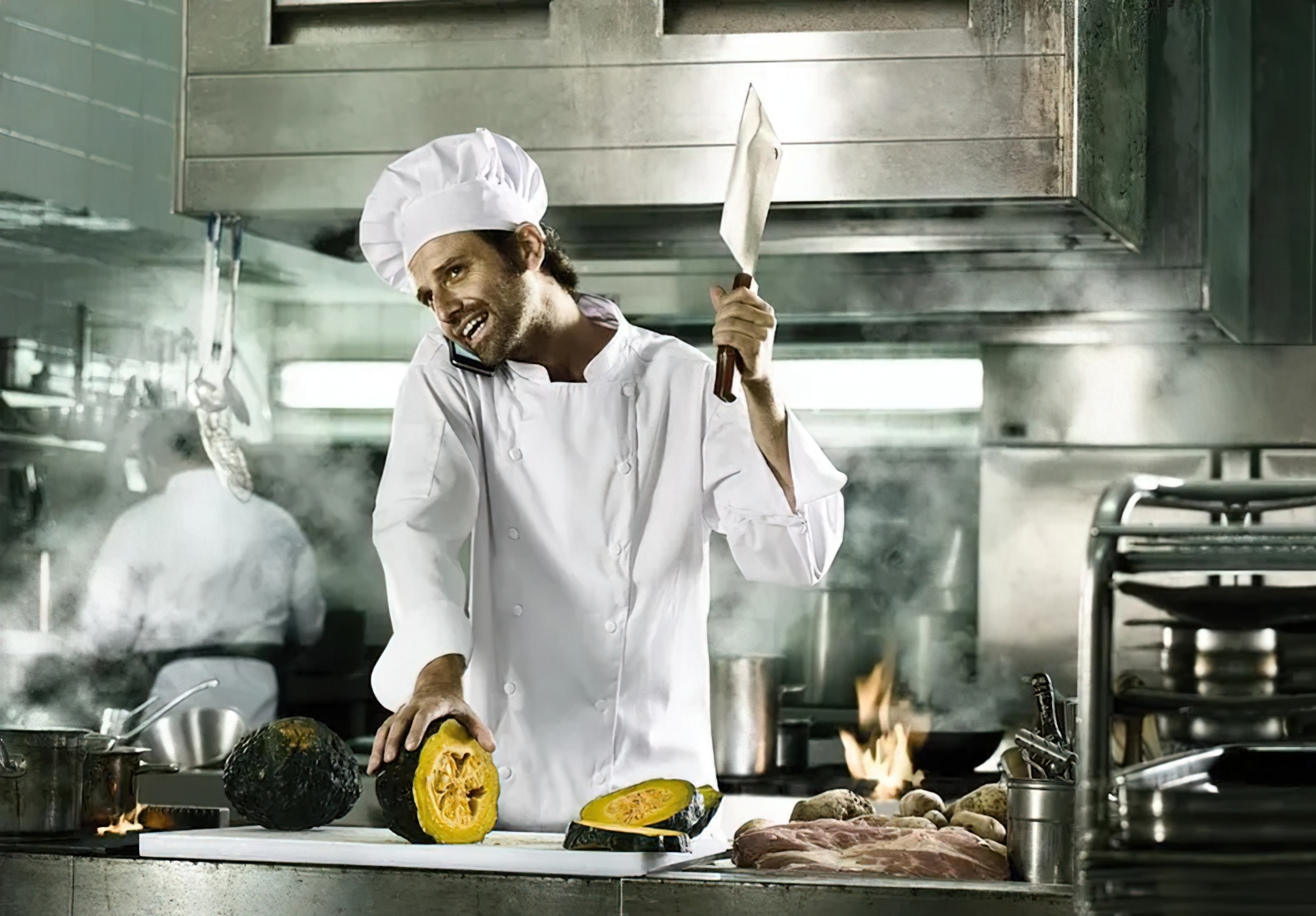Knife skills are an essential aspect of cooking, transforming meal preparation from a chore to an enjoyable experience. Discover expert tips and techniques to hone your knife skills, enhance your culinary prowess, and create stunning dishes with ease.
-
Content
Choosing the Right Knife

The foundation of good knife skills is selecting the right tool for the job. A chef’s knife is a versatile option, ideal for most tasks, while specialized knives, such as a paring knife or a bread knife, are designed for specific functions. Consider factors like blade length, weight, and handle comfort when choosing your ideal knife.
-
Proper Knife Handling and Safety
Proper knife handling is key to avoiding injury and ensuring efficient cutting. Hold the knife with a pinch grip, using your thumb and index finger to grasp the blade while the remaining fingers wrap around the handle. Keep your cutting board stable and always cut away from your body. Remember to tuck your fingers under when holding the food to protect them from accidental cuts.
-
Essential Knife Techniques

Mastering fundamental knife techniques will improve your efficiency in the kitchen. Here are some crucial cutting methods:
- Slicing: Use a gentle sawing motion to cut through food, ideal for items like tomatoes and onions.
- Chopping: A swift downward motion for cutting vegetables and herbs into small pieces.
- Mincing: Rapidly chop ingredients, such as garlic and herbs, into very fine pieces.
- Julienne: Cut vegetables into thin, uniform matchsticks for stir-fries or garnishes.
- Dicing: Create evenly sized cubes of fruits or vegetables for a consistent texture and cooking time.
-
Sharpening and Maintenance
A sharp knife is crucial for precise cuts and reducing the risk of injury. Regularly hone your knife with a honing rod to maintain its edge. Sharpen your knife using a whetstone or knife sharpener when needed. Proper cleaning and storage will prolong the life of your knives and ensure they remain in top condition.
Conclusion: By mastering the art of knife skills, you will not only create visually appealing and delicious dishes but also enjoy a safer and more efficient cooking experience. Practice these tips and techniques regularly to enhance your culinary abilities and transform your time in the kitchen.
-
Knife Skills for Different Ingredients

Different ingredients require different knife techniques to achieve the desired result. Here are some tips for handling common ingredients:
- Onions: Cut off the ends, slice in half vertically, and peel off the outer layer. Make horizontal and vertical cuts before chopping downwards for a fine dice.
- Tomatoes: Use a serrated knife or a very sharp chef’s knife to slice without crushing. For dicing, make vertical cuts and then crosswise cuts.
- Carrots: Peel and trim the ends, then cut into rounds, sticks, or dice, depending on your recipe. For julienne cuts, slice the carrot lengthwise, stack the slices, and cut into thin matchsticks.
- Bell Peppers: Slice off the top and bottom, remove the seeds and ribs, and cut into strips or dice as needed. Flatten the pepper to make it easier to cut.
- Herbs: Gather leaves into a tight bundle, hold with your non-dominant hand, and gently slice with a rocking motion to avoid bruising.
-
Practicing and Improving Your Knife Skills
Like any other skill, practice is essential for improving your knife skills. Here are some ways to practice and advance your abilities:
- Take a knife skills class: Many cooking schools and kitchenware stores offer classes to help you learn and practice proper techniques under professional guidance.
- Use online resources: Watch instructional videos and follow expert chefs on social media to learn new techniques and gain inspiration.
- Practice regularly: Incorporate a variety of cutting techniques into your everyday cooking to build muscle memory and increase your confidence.
-
The Benefits of Good Knife Skills

Mastering knife skills offers numerous benefits for home cooks and professional chefs alike:
- Increased efficiency: Proper techniques enable you to work faster and more effectively in the kitchen.
- Enhanced presentation: Precisely cut ingredients create visually appealing dishes that impress both family and guests.
- Improved safety: Good knife handling reduces the risk of accidents and injuries.
- Better texture and flavor: Uniformly cut ingredients cook evenly, resulting in a better final dish.
By dedicating time and effort to improving your knife skills, you’ll unlock a world of culinary possibilities and take your cooking to new heights.